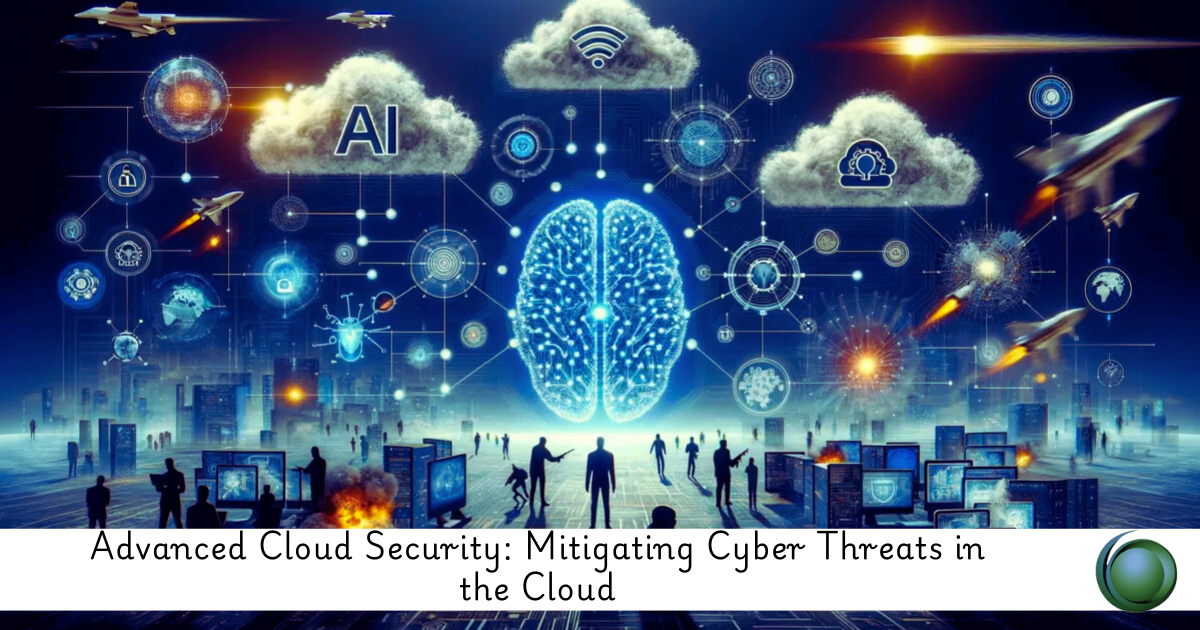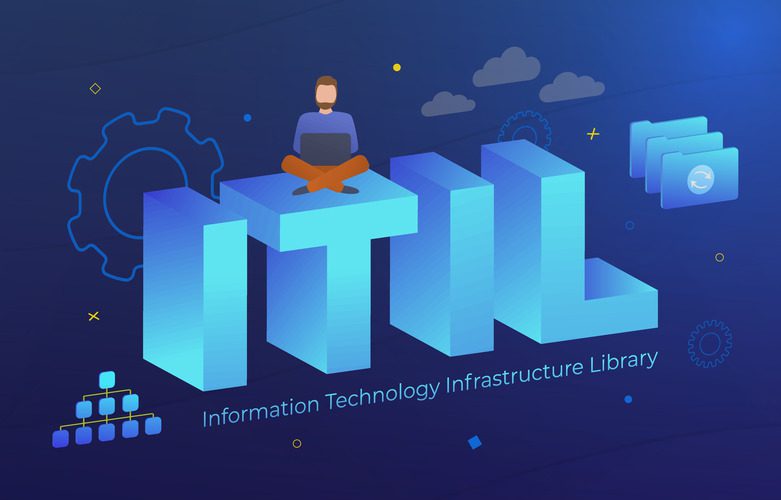Description
Introduction
This advanced training delves into the intricacies of securing cloud environments from sophisticated cyber threats. Participants will learn how to identify, analyze, and respond to various cloud-based security threats such as Distributed Denial of Service (DDoS) attacks, data breaches, and insider threats. The course covers advanced security techniques, cloud-native security tools, and incident response strategies that align with modern security frameworks. By the end of the training, participants will be able to design and implement robust security measures to defend cloud environments against evolving threats.
Prerequisites
To successfully complete this course, participants should have:
- A strong understanding of cloud computing concepts.
- Experience working with cloud platforms (AWS, Azure, Google Cloud, etc.).
- Knowledge of fundamental cloud security principles, such as IAM, encryption, and network security.
- Experience with basic security tools and technologies (firewalls, VPNs, etc.)
Table of Contents
1st Session: Overview of Advanced Cloud Security Threats
- Review of Basic Cloud Security Concepts
- Advanced Threat Landscape in Cloud Environments
- Common Cyber Threats: Data Breaches, Insider Threats, Malware, DDoS
- Attack Vectors in Cloud Systems
- Case Studies of Recent Cloud Security Incidents
2nd Session: Securing Cloud Workloads and Applications
- Container Security (Docker, Kubernetes)
- Securing Microservices and Serverless Architectures
- Application Security in the Cloud: OWASP Top 10
- Cloud-Native Security Tools and Techniques
- Vulnerability Assessment and Penetration Testing (VAPT) for Cloud Workloads
3rd Session: Protecting Cloud Networks from Advanced Attacks
- Advanced Network Security in the Cloud
- Mitigating DDoS Attacks in Cloud Environments
- Configuring Intrusion Detection and Prevention Systems (IDS/IPS)
- Securing Hybrid and Multi-Cloud Networks
- Using Web Application Firewalls (WAF) for Application-Level Security
4th Session: Data Security and Advanced Encryption Techniques
- Advanced Encryption Techniques for Cloud Data
- Homomorphic Encryption and Secure Multi-Party Computation
- Securing Data Lakes and Data Warehouses
- Cloud Database Security: NoSQL and SQL Databases
- Key Management in Multi-Cloud and Hybrid Environments
5th Session: Identity and Access Management (IAM) for Complex Cloud Environments
- Advanced IAM Configurations
- Implementing Zero Trust Architecture in Cloud
- Securing Privileged Access: Privileged Access Management (PAM)
- Identity Federation and Single Sign-On (SSO)
- Best Practices for Managing IAM in Multi-Cloud and Hybrid Setups
6th Session: Cloud Incident Response and Forensics
- Incident Response in Cloud Environments
- Detecting and Responding to Cloud Security Incidents
- Cloud Forensics and Evidence Collection
- Configuring Security Incident and Event Management (SIEM) for the Cloud
- Real-World Cloud Incident Response Scenarios
7th Session: Compliance, Governance, and Risk Management
- Cloud Compliance Challenges: GDPR, CCPA, HIPAA, etc.
- Implementing Risk Management Frameworks for Cloud Security
- Governance in Complex Cloud Architectures
- Automating Compliance and Security Monitoring
- Auditing and Reporting in Multi-Cloud and Hybrid Environments
8th Session: Emerging Threats and Future Trends in Cloud Security
- AI and Machine Learning in Cloud Security
- The Role of Blockchain in Cloud Security
- Securing Edge Computing and IoT Devices in Cloud Networks
- Quantum-Safe Encryption for Cloud Systems
- Preparing for the Future: Cloud Security Trends and Predictions
Each session includes advanced hands-on labs, real-world scenarios, and case studies to help participants apply advanced cloud security measures in a dynamic threat environment.







Reviews
There are no reviews yet.